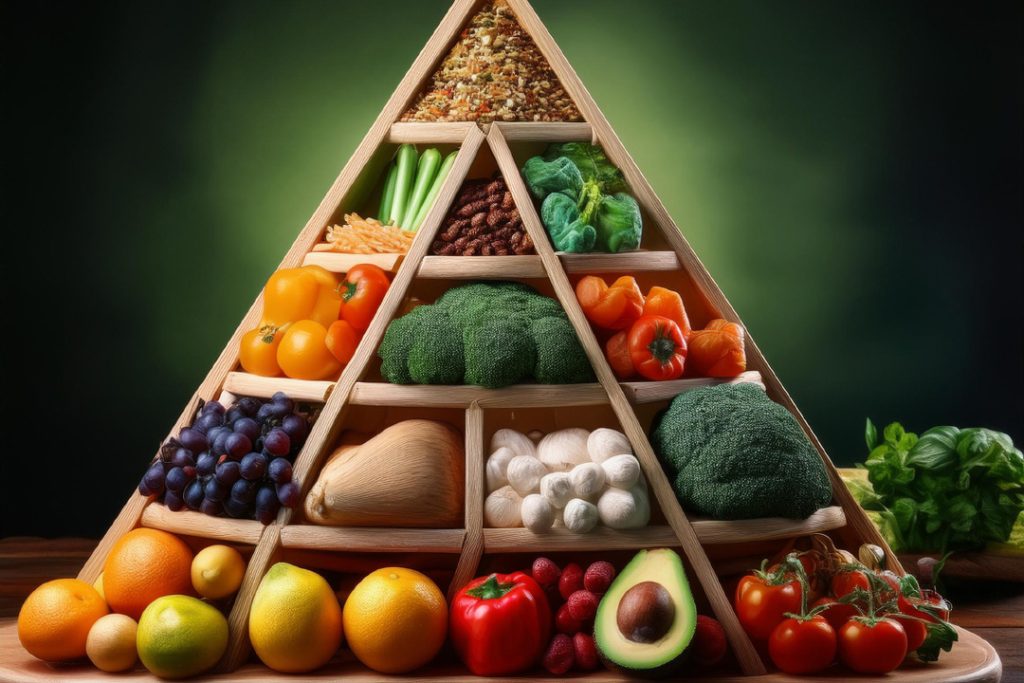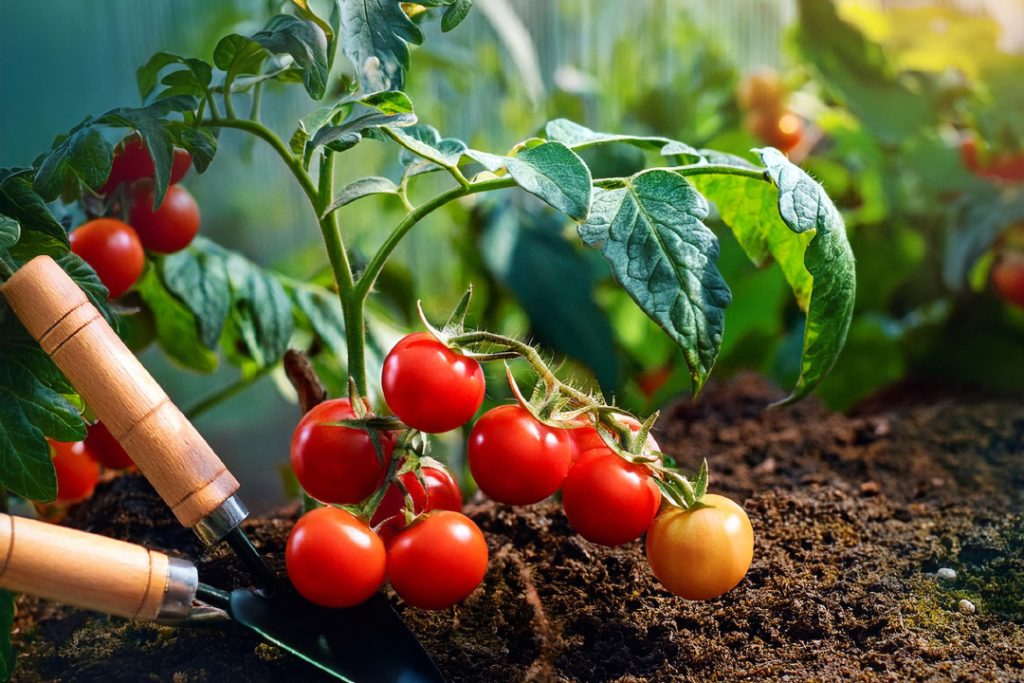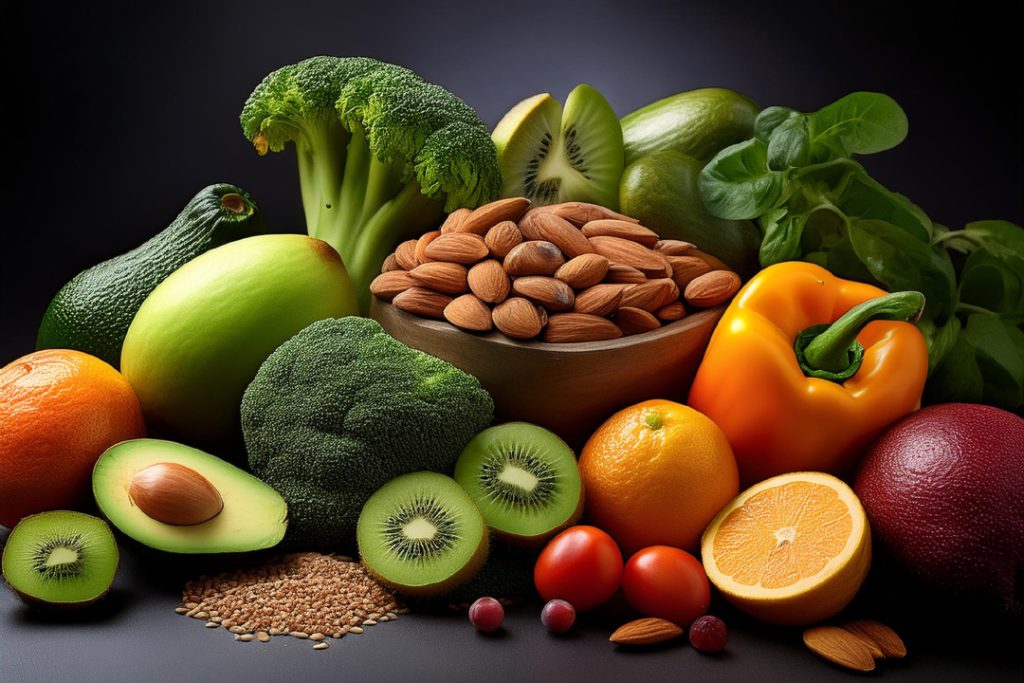What’s the Deal With Plant-Based Diets?
So, What Exactly is a Plant-Based Diet?
When I first stumbled upon the term “plant-based diet,” my brain did a double-take. Was I supposed to turn into a rabbit or something? But nah, it’s way simpler. Basically, a plant-based diet means your meals come mostly from—you guessed it—plants! We’re talking fruits, veggies, nuts, seeds, grains, beans, and all that good stuff. Doesn’t mean you ditch meat forever, but plants get the main stage.
Picture this: breakfast is a smoothie bowl loaded with spinach, bananas, and chia seeds. Lunch? Think a hearty salad jam-packed with quinoa, black beans, and a rainbow of veggies. Dinner could be a sizzling stir-fry with tofu and a bunch of fresh herbs and spices that make your taste buds dance.
Different Flavors of Plant-Based Diets
Turns out, eating plant-based isn’t a one-size-fits-all kinda deal. Here are some flavors I dabbled in:
- Vegetarian Diet: No meat, fish, or poultry. Dairy and eggs are okay.
- Vegan Diet: Hardcore—no animal products at all, not even honey.
- Flexitarian Diet: Mainly plants, but a bit of meat here and there.
- Whole-Food, Plant-Based Diet: Only unprocessed plant foods. No refined sugars, white flour, or oils.
Each one has something unique to offer and fits different vibes. I picked what jived best with my health needs and beliefs.
Curious about these diets? Trying different ones can help you figure out what’s right for you. For extra tips on eating healthy, scope out our healthy meal planning guide.
| Diet Type | What’s It About? |
|---|---|
| Vegetarian | Ditches meat, fish, and poultry, but dairy and eggs are cool. |
| Vegan | No animal products ever. No dairy, eggs, or honey. |
| Flexitarian | Mostly plant-based, with occasional meat. |
| Whole-Food, Plant-Based | Focuses on unprocessed foods. No refined sugars, flours, or oils. |
Wrapping my head around these options made me appreciate how flexible and beneficial a plant-based diet can be. And if you’re looking for some tasty meal ideas, don’t miss our easy healthy recipes.
The Perks of Going Plant-Based
Getting Those Nutrients
When I shifted to a plant-based diet, I felt a real boost in my nutrient game. Foods like fruits, veggies, whole grains, and nuts are jam-packed with vitamins, minerals, and antioxidants. These goodies support overall health and keep you feeling your best.
| Nutrient | Plant Foods You’ll Love |
|---|---|
| Vitamin C | Oranges, bell peppers, broccoli |
| Fiber | Oats, beans, veggies |
| Antioxidants | Berries, leafy greens, nuts |
By loading up on these, my diet became more balanced and packed with nutrients.
Weight Watchers
A major win for me with a plant-based diet was losing weight without feeling like I was starving. Veggie-based diets often have fewer calories but are high in fiber, making you feel full longer and cut down on binge eating. Since making the switch, keeping a healthy weight hasn’t been such a hassle.
If you’re eyeing weight loss, focusing on nutrient-rich, low-cal foods can be a game-changer. Take a peek at our guide on best foods for weight loss for handy tips.
| Food Type | Caloric Content (per 100g) |
|---|---|
| Apples | 52 |
| Spinach | 23 |
| Quinoa | 120 |
Beating Chronic Diseases
Switching to a plant-based diet doesn’t just make you feel better; it’s also a solid defense against chronic diseases. Research indicates that such diets can lower your risk of heart disease, type 2 diabetes, and some cancers. High fiber, low bad fats—what’s not to like?
| Chronic Disease | Less Risk with Plant-Based |
|---|---|
| Heart Disease | Up to 32% less |
| Type 2 Diabetes | Up to 23% less |
| Some Cancers | Up to 15% less |
Embracing this lifestyle, I knew I was making a choice not just for now, but for my future self. Check out our tips on healthy meal planning to learn more.
Switching to plant-based isn’t just a win for your body; it’s a win for our planet too. Dive into some easy healthy recipes and explore new flavors. For tasty work snacks, don’t miss our healthy snacks for work.
How Eating More Plants Helps Our Planet
Switching to a plant-based diet can do wonders for our environment. By focusing on veggies and fruits, you’re doing your bit for a greener, cleaner Earth.
Why It’s Smart
Going plant-based is a clever and eco-friendly move. Think about it – plants use up way fewer resources like water and land compared to raising animals. We’re talking major savings here.
| Food Type | Water Usage (Liters per kg) |
|---|---|
| Beef | 15,000 |
| Chicken | 4,300 |
| Lentils | 2,500 |
| Vegetables | 322 |
When you munch on more plants, you’re helping save precious water and land. Raising animals for meat gobbles up a ton of resources, whereas farming fruits, veggies, and grains takes much less.
Shrink Your Carbon Footprint
Eating plant-based can also shrink your carbon footprint. This is the total amount of greenhouse gases your daily habits release, including what you eat. Lucky for you, plant foods spit out fewer greenhouse gases than animal foods.
| Food Type | Carbon Emissions (kg CO2 per kg) |
|---|---|
| Beef | 27 |
| Pork | 12 |
| Tofu | 2 |
| Vegetables | 0.5 |
By scarfing down more fruits, veggies, grains, and beans, you’re trimming your carbon emissions. Less greenhouse gas means a better shot at fighting climate change.
Not only does a plant-based diet boost your health (check out more on plant-based diet benefits), but it’s also a win for the planet. Need some tasty ideas? Dive into our easy healthy recipes and grab tips for smart healthy meal planning.
Tips for Transitioning to a Plant-Based Diet
Switching to a plant-based diet might seem overwhelming, but it doesn’t have to be. With a bit of planning and an open mind, it can be a delightful and rewarding experience. Here are some tips to help you make the change smoothly.
Take It Slow
You don’t need to ditch all your favorite foods overnight. Start by adding more plant-based meals into your current routine. How about “Meatless Mondays”? Or swapping out one meal a day for a plant-based option?
Here’s a quick guide to get you started with some easy swaps:
| What You Eat Now | Plant-Based Choice |
|---|---|
| Beef Burger | Black Bean Burger |
| Chicken Salad | Quinoa Salad |
| Dairy Milk | Almond Milk |
Taking baby steps helps your body get used to the new diet without feeling overwhelmed. Check out our healthy meal planning guide for more ideas.
Try New Stuff
One of the joys of going plant-based is the chance to play around with new foods and recipes. Mixing up different fruits, veggies, grains, and legumes will keep your meals exciting and tasty.
Consider these categories:
- Fruits: Berries, apples, bananas, oranges
- Veggies: Spinach, kale, broccoli, sweet potatoes
- Grains: Quinoa, brown rice, barley
- Legumes: Lentils, chickpeas, black beans
Don’t be shy about trying plant-based versions of your comfort foods. You might be surprised at how good they taste. Need some culinary inspiration? Check out our easy healthy recipes.
Variety is key. It ensures you get all the nutrients you need while keeping things fresh and interesting. Plus, discovering new foods can be like a mini adventure in the kitchen.
Remember, the aim is to enjoy plant-based eating in a way that feels good to you. Keep trying new things, stay curious, and have fun on your journey to better health. And if you need ideas for munchies, our healthy snacks for work guide has got some great suggestions.
Tackling Concerns About Plant-Based Diets
Switching to a plant-based diet can be a thrilling change, but it can stir up a few worries about whether you’re getting all the right nutrients. Let’s clear up some common concerns and myths.

Getting the Right Nutrients
People often stress about getting enough nutrients on a plant-based diet. Don’t sweat it. A well-rounded plant-based diet gives you all you need. Focus on loading your plate with a colorful mix of fruits, veggies, whole grains, legumes, nuts, and seeds. Mixing up your food choices ensures you’re covering all the bases.
Need some meal ideas? Check out our easy healthy recipes for inspiration.
Protein Power
Worried about protein? Plenty of plant-based foods pack a protein punch. Mixing different foods can easily meet your daily protein needs. Some top picks include beans, tofu, tempeh, seitan, nuts, seeds, and whole grains. Here’s a quick rundown:
| Food Item | Protein (g) per 100g |
|---|---|
| Lentils | 9 |
| Chickpeas | 9 |
| Tofu | 8 |
| Quinoa | 4 |
| Almonds | 21 |
| Chia Seeds | 17 |
Incorporate these into your meals and snacks. For snack ideas, check out our healthy snacks for work.
Iron and Vitamin B12
Getting enough iron and Vitamin B12 is important. Plant-based iron sources include lentils, spinach, chickpeas, and pumpkin seeds. Keep in mind, plant-based iron isn’t as easily absorbed as its animal-based counterpart, so pair these foods with vitamin C-rich options like citrus fruits to boost absorption.
| Food Item | Iron (mg) per 100g |
|---|---|
| Lentils | 3.3 |
| Spinach | 2.7 |
| Chickpeas | 2.9 |
| Pumpkin Seeds | 8.8 |
Vitamin B12 is mostly found in animal products. If you’re strictly plant-based, think about fortified foods or supplements. Nutritional yeast, fortified plant milks, and cereals are good options for B12.
It’s a good idea to plan your meals to be balanced and varied. For more tips, visit our guide on healthy meal planning.
Jumping into a plant-based diet might seem tough, but with a bit of know-how and prep, you’ll dig the plant-based diet benefits and enjoy a healthier, happier life.
Going Plant-Based: A Fun and Tasty Adventure
Switching to a plant-based diet isn’t just a trend—it’s a way to boost your health and help the planet. Along the way, you’ll discover a treasure trove of yummy dishes, support local farmers, and feel great.
Tasty Plant-Based Eats
One of the best parts of going plant-based is all the mouth-watering food you get to try. You’ll find that healthy meals can be filling and super tasty. Here are some ideas to get your taste buds tingling:
- Breakfast: Smoothie bowls overflowing with fresh fruits, hearty oatmeals, creamy avocado toast.
- Lunch: Crunchy quinoa salads, colorful veggie wraps, warming lentil soup.
- Dinner: Savory stir-fried veggies with tofu, spicy chickpea curry, stuffed bell peppers bursting with flavor.
- Snacks: Crunchy veggie sticks with hummus, vibrant fruit salads, whole-grain bread slathered with nut butter.
Need more food inspiration? We’ve got you covered with our easy healthy recipes.
Support Your Local Markets
Shopping at your local farmers’ markets does wonders for more than just your diet. It keeps your community flourishing and ensures you’re getting fresh, seasonal produce. Here’s why you should head to your local market:
- Boosts the local economy – Your dollars stay in the community.
- Lowers environmental impact – Less transportation means less pollution.
- Fresher, nutrient-rich options – What you see is what you get, straight from local soil.
Buying locally not only makes you feel good but also cooks up a healthier you. Need help with planning meals around local produce? Check out our healthy meal planning guide.
Wellness Made Fun
Shifting to a plant-based diet is about more than just eating greens—it’s about nurturing your whole well-being. Here’s how to make the switch enjoyable:
- Try new stuff: Go beyond your usual greens. Dig into exotic fruits, colorful veggies, hearty grains, and tasty legumes. You might discover a new favorite dish!
- Find your tribe: Join plant-based groups or online forums. Share recipes, swap tips, and cheer each other on.
- Take it easy: Set realistic goals. Whether you’re going all-in or just dabbling in more plant-based meals, celebrate each step.
- Eat mindfully: Take a moment to savor the flavors, textures, and health-packed goodness in every bite.
Remember, it’s a journey, and every plant-filled plate is a win. Need snack ideas to keep you fueled? Dive into our tips on healthy snacks for work.
Adopting a plant-based lifestyle means embracing new foods, fun habits, and positive changes for your health and the planet. Enjoy each bite and the journey toward a happier, healthier you.
Here some recommended links selected for you: The Best Books of the Month, Todays best Deals at Amazon, Best Sellers in Cell Phones & Accessories and last but not least the easy and great way to send a gift for the holidays: Amazon.com eGift Card (Instant Email or Text Delivery).




